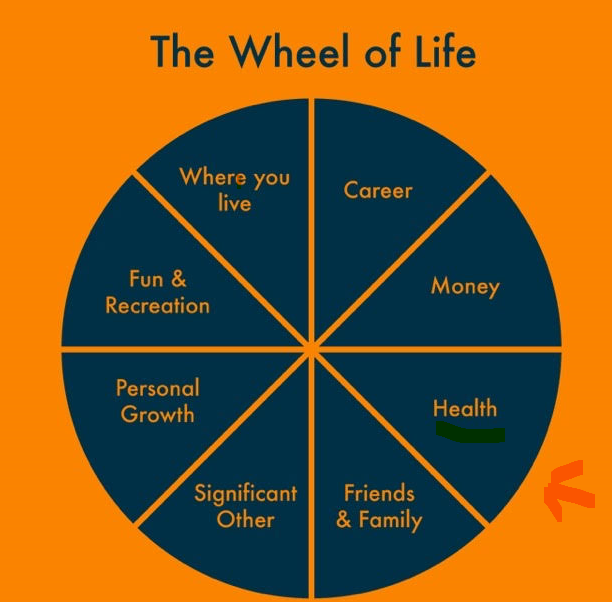“Until one is committed, there is hesitancy, the chance to draw back, always ineffectiveness. Concerning all acts of initiative and creation, there is one elementary truth the ignorance of which kills countless ideas and splendid plans: that the moment one definitely commits oneself, then providence moves too.
All sorts of things occur to help one that would never otherwise have occurred. A whole stream of events issues from the decision, raising in one’s favour all manner of unforeseen incidents, meetings and material assistance which no man could have dreamed would have come his way. I have learned a deep respect for one of Goethe’s couplets: Whatever you can do or dream you can, begin it. Boldness has genius, power and magic in it. Begin it now.”
–William Hutchison Murray, The Scottish Himalayan Expedition

Courtesy:- Image @mattschnuck
Concept:
No matter what the problem or objective is, if you believe in your goal, write it down. Observe as providence takes over. Identify your purpose first, then the goals that move you towards that purpose.
Benefit:
Having a sense of purpose in life is vital for personal fulfillment and overall well-being. It provides a compass that guides our actions, fuels our motivation, and gives us a sense of direction. Purpose gives us a reason to get out of bed each day, igniting a sense of passion and drive. It helps us set meaningful goals and prioritize our time and energy towards pursuits that align with our values. Purpose instills a sense of meaning and belonging, connecting us to something greater than ourselves. It gives us resilience in the face of challenges and inspires us to make a positive impact on the world, leading to a life of fulfillment, happiness, and satisfaction.
Plan/Skill:
Here are some tips on how to get the best mental health results from identifying your purpose and setting goals to support it:
• Identify your purpose: Take time to reflect on what really matters to you and what you want to achieve in life. This could involve exploring your values, passions, and talents.
• Set meaningful goals: Once you have identified your purpose, set specific, measurable, and achievable goals that align with it. This can help give you a sense of direction and motivation.
• Break goals into smaller steps: Breaking your goals down into smaller, manageable steps can make them less overwhelming and easier to achieve. This can also help you to track your progress and celebrate small wins along the way.
• Use SMART goal-setting: Use the SMART goal-setting framework to ensure that your goals are specific, measurable, achievable, relevant, and time-bound.
• Create a plan: Create a plan of action that outlines the steps you need to take to achieve your goals. This can help you to stay focused and organized.
• Stay accountable: Share your goals with a trusted friend, family member, or mentor, and ask them to hold you accountable. Regular check-ins can help keep you on track and motivated.
• Practice self-care: Taking care of yourself is essential for achieving your goals and maintaining good mental health. Make sure to prioritize self-care activities such as exercise, healthy eating, and getting enough sleep.
• Celebrate your achievements: Celebrate your achievements along the way, no matter how small. Recognizing your progress and success can boost your confidence and motivation.
Action:
Do/Consume
Difficulty:
Medium
Speed:
Fast
Other Compatible Coping Skills
How many stars would you award this coping skill?
